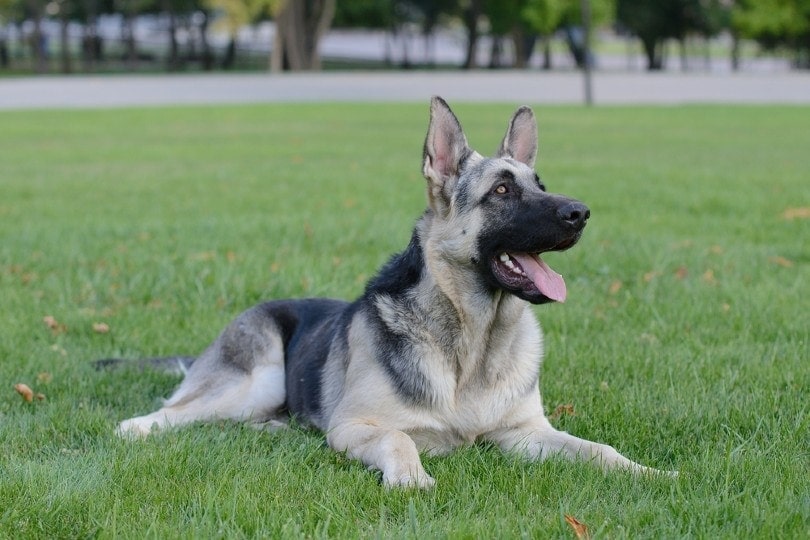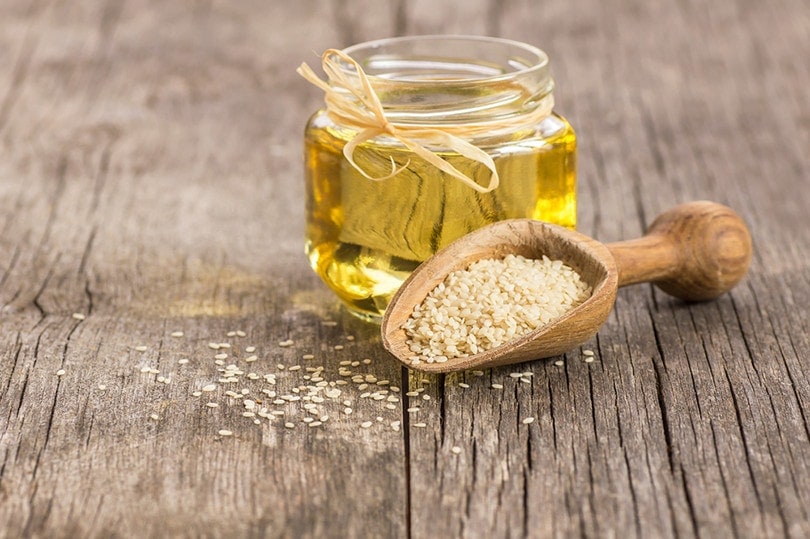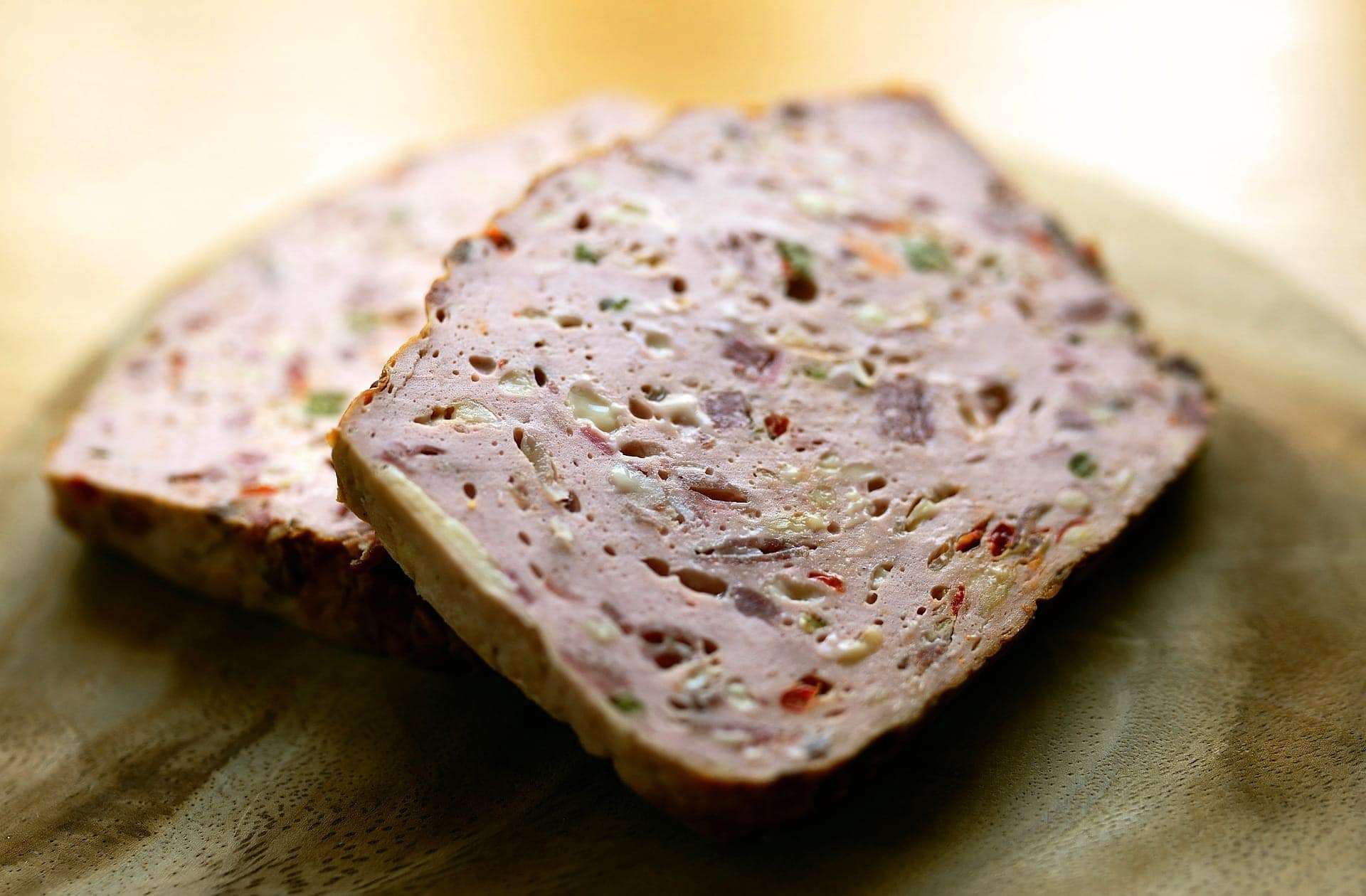Is Greyhound Racing Legal? The Important Answer

Updated on
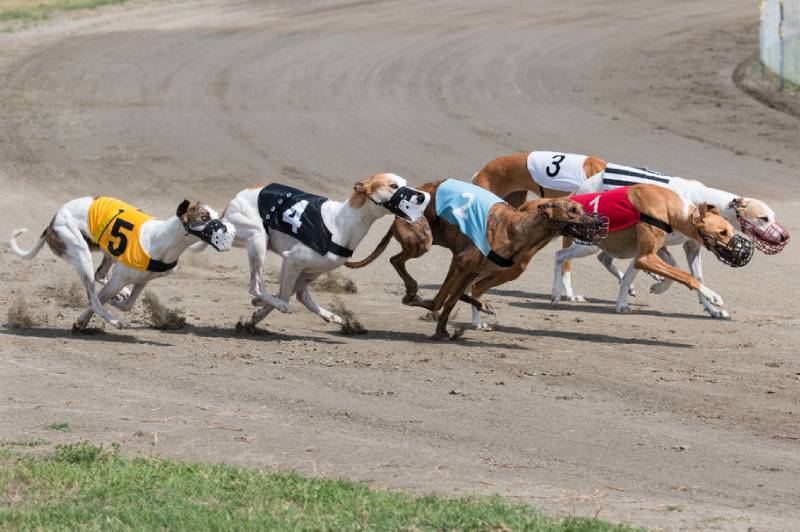
Greyhound racing gained popularity in the early 20th century, but over time, concerns have led many places to reconsider their stance on the sport. While it’s still legal in some parts of the country, most of the United States has banned Greyhound racing altogether.
It’s important to understand exactly why there’s been such a rapid decline in its popularity. So read on to learn about the rise and fall of Greyhound racing.
The Dark Side of Greyhound Racing
What used to be a popular and widespread “sport” is now relegated to only a handful of states and for good reason. Greyhound racing isn’t the fun and exciting event people think it is. Behind the scenes, dogs are treated so poorly that it’s shocking that some states still allow it.
But that’s the case, and to date, the following states not only permit Greyhound racing but also have active tracks that hold regular events:
- Alabama
- Arkansas
- Iowa
- Texas
- West Virginia
But that’s not all—there are still a few states that consider Greyhound racing legal; they just don’t have active racetracks. Those states are:
- Connecticut
- Kansas
- Oregon
- Wisconsin
So, why has this event fallen out of favor with 90% of the United States? For one, dogs are kept alone in cages for anywhere from 20 to 23 hours a day. And when you consider that Greyhounds are incredibly social animals, it makes it all the worse.
If that weren’t bad enough, most Greyhounds that fail to turn a profit for their handlers are disposed of. What’s more, racing injuries are very common among these amazing animals—so much so that Florida state records revealed that a dog died every three days on the racetrack.1
Thankfully, Florida banned Greyhound racing in 2018. Hopefully, the remaining states follow suit in the very near future.

Arguments for Greyhound Racing
Proponents of Greyhound racing often argue that it provides economic benefits and entertainment for many people. They assert that the sport creates jobs, generates tax revenue, and attracts tourists.
Additionally, supporters claim that modern Greyhound racing practices have improved, with better regulations and oversight to protect the welfare of the dogs involved. While there may be some truth to these claims, it’s hard to believe Greyhounds’ lives have improved in any meaningful way.
Adopting a Former Racing Greyhound
Adopting a Greyhound that was once used for racing can be a rewarding experience—both for the dog and you. Providing a loving home for a dog in need will gain you a loyal, affectionate companion.
But it’s essential to be prepared for the unique needs and considerations that come with adopting a retired racer. Retired racing Greyhounds may need time to adjust to their new lives as pets. Be patient and provide a calm, supportive environment as they learn about their new surroundings and routines.
You may find that you must train your Greyhound as you would a new puppy. Many aren’t housetrained, nor do they typically have a lot of experience around people, places, and animals due to their confinement.
Thankfully, there are many helpful tips that you can employ for success. Check out the following section to help you get started.
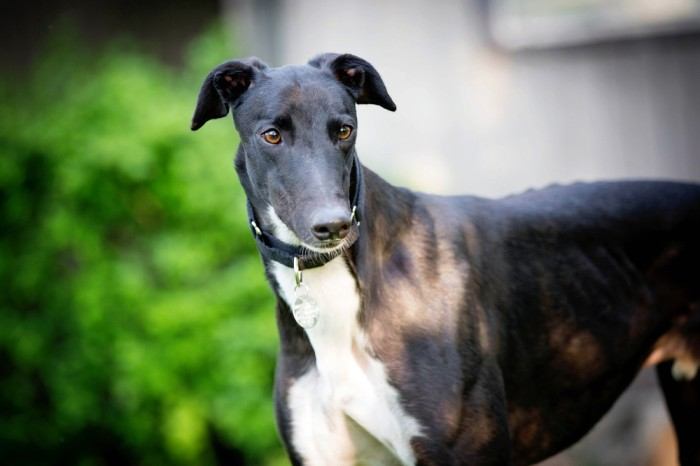
The 10 Tips for Keeping Your Pet Greyhound Healthy and Safe
Whether your Greyhound is a former racer or simply a beloved pet, their health and well-being should always be a priority. Here are some tips to help ensure your Greyhound stays in tip-top shape:
1. Regular veterinary checkups
Like any dog, Greyhounds need routine veterinary care to maintain their health. Schedule regular checkups and stay up-to-date on vaccinations and preventative treatments.
2. Balanced diet
Greyhounds have unique dietary needs due to their lean body composition. Consult with your veterinarian to find the right balance of nutrients and calories for your pet, and be mindful of weight gain, as it can lead to health issues.
3. Exercise
Greyhounds are natural athletes, but they don’t require excessive exercise. Daily walks and occasional opportunities to run in a secure area are typically sufficient to keep them happy and healthy.
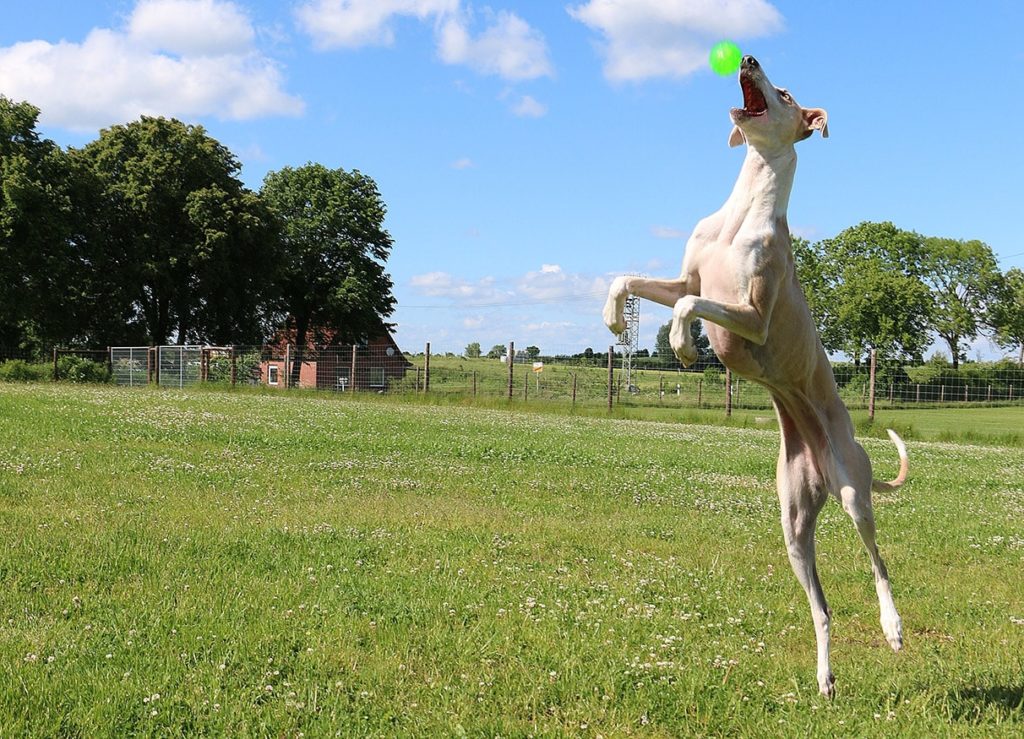
4. Dental care
Greyhounds are prone to dental issues, so regular teeth cleanings and dental checkups are essential. You can also use dental chews and toys to help maintain your pet’s oral health between professional cleanings.
5. Safety measures
Greyhounds have thin skin and are susceptible to cuts and scrapes. Be cautious when allowing them to explore new areas, and consider using a coat or sweater to protect them during cold weather or outdoor adventures.
6. Socialization
Greyhounds are generally friendly and sociable dogs, but proper socialization is key to preventing behavioral issues. Introduce your Greyhound to new people, animals, and environments gradually to ensure they remain well-adjusted and confident.
7. Training
While Greyhounds are intelligent and trainable, they can also be independent thinkers. Consistent, positive reinforcement-based training methods work best for these sensitive dogs.
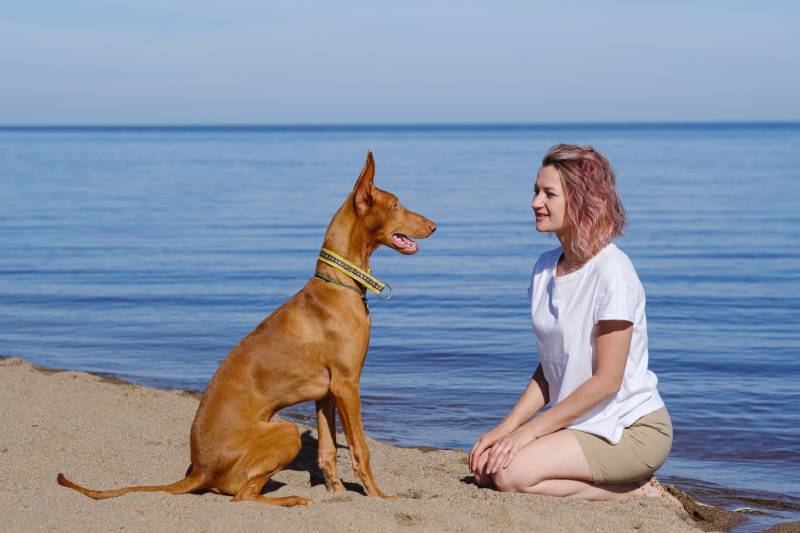
8. Comfortable living space
Greyhounds can be sensitive to hard surfaces due to their lean bodies and minimal body fat. Provide a comfortable and supportive bed or resting area to help prevent pressure sores and joint issues.
9. Regular grooming
Greyhounds have short coats that require minimal grooming, but regular brushing will help keep their coat healthy and reduce shedding.
10. Keep an eye on their health
Be vigilant for signs of illness or discomfort in your Greyhound. If you notice any changes in behavior, appetite, or energy levels, consult your veterinarian promptly.
If you choose to adopt a Greyhound that was once used for sport, you may find that it takes some time for them to overcome their fears. But no matter what, showing your new furry friend lots of love and support will go a long way in helping them get used to their new life of freedom.
Conclusion
Greyhound racing remains a controversial sport, with its legality varying across different countries and regions. While some places continue to embrace the sport as a form of entertainment, others have banned it due to concerns about animal welfare.
As a pet owner, prioritizing the health and well-being of your Greyhound is essential, regardless of their racing background. By following the tips provided here today, you can help ensure your Greyhound stays happy, healthy, and safe throughout their life.
Featured Image Credit: Irma07, Shutterstock


